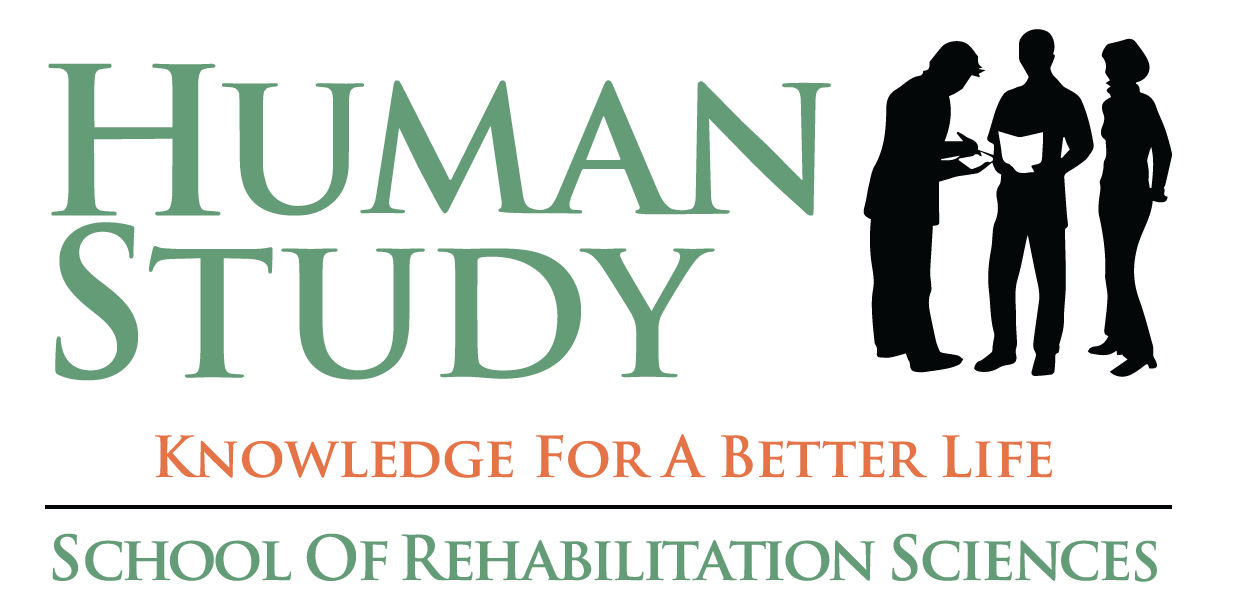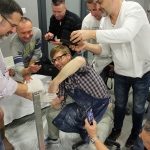We are a non-profit organization with expertise in blended learning educational programs.
OUR VISION
Our vision is that every child and adult will have access to appropriate, affordable and timely assistive products and services. In the 21st century, we stand in awe of impressive technological achievements and seemingly limitless human possibilities. Physical disability MUST NOT remain an obstacle to leading an independent and productive life for anyone. Timely and affordable access to quality assistive products and services should be a matter of course for people in need everywhere in the world.
OUR MISSION
Our mission is to make continued professional development in rehabilitation sciences accessible by providing feasible, cost-effective and internationally recognized programs.
We developed a specific blended learning methodology wich combines online teaching with onsite practical training, to provide standardized and internationally accredited training programs where both the vital importance of hands-on practical skills AND the international trends for ‘academization’ of P&O education are accommodated. Our programs enable P&O clinicians in regions and countries where formal and internationally recognized education in this professional area does not exist to learn, develop and acquire internationally recognized professional accreditation. To that, our programs present sometimes the only available option for continued professional development in prosthetics in orthotics in many corners of the world.
The important characteristic of our projects is that we train trainers. By empowering local capacities to multiply the effect of our training by training others, our projects provide institutional development support and long-term sustainability solutions.
OUR STORY
Human Study was founded in 2005 in Nuremberg, Germany, by a group of friends brought together by Christian Schlierf. A highly educated orthopedic professional (German Orthopädietechnikermeister) with several years of experience in international humanitarian work at the time, Schlierf realized that the only way to help people with disabilities gain access to assistive devices and care they need is to educate people who provide these services. He was also aware that to have a long-lasting impact and sustainability, P&O education anywhere in the world must be comprehensive in addressing the full professional profile, must take into account local needs and satisfy international standards at the same time, and must educate local training capacities enabling their independence of outside help. In 2006, Christian and his two colleagues – Mehmed Latifagić (IT and Blended Learning expert), and Emina Hasanović (translator and administrator), put their first project together that was to educate a group of 15 P&O practitioners from 5 countries in the Western Balkans (republics of ex-Yugoslavia prior to 1990s) with the goal to acquire internationally recognized certificate. A year later, the project was granted funding and Human Study came to life.
Our primary focus are humanitarian projects, especially for regions ravaged by wars and disasters, but our programs are available around the world. Blended learning methodology brings our programs to students, not other way around, so anyone can participate. Thanks to this, we have been lucky to work with clinicians faced with most challenging circumstances who are not able to travel abroad for extended periods of time, as well as groups whose participants are geographically very distant.
Blended Learning approach to teaching P&O sciences brings together students and teachers who are geographically very far apart, allowing some of the best experts in the profession to share their knowledge with students from all around the world. We have managed to overcome obstacles and continued to educate our students in countries like Bosnia, Tunisia, Afghanistan, Syria.




